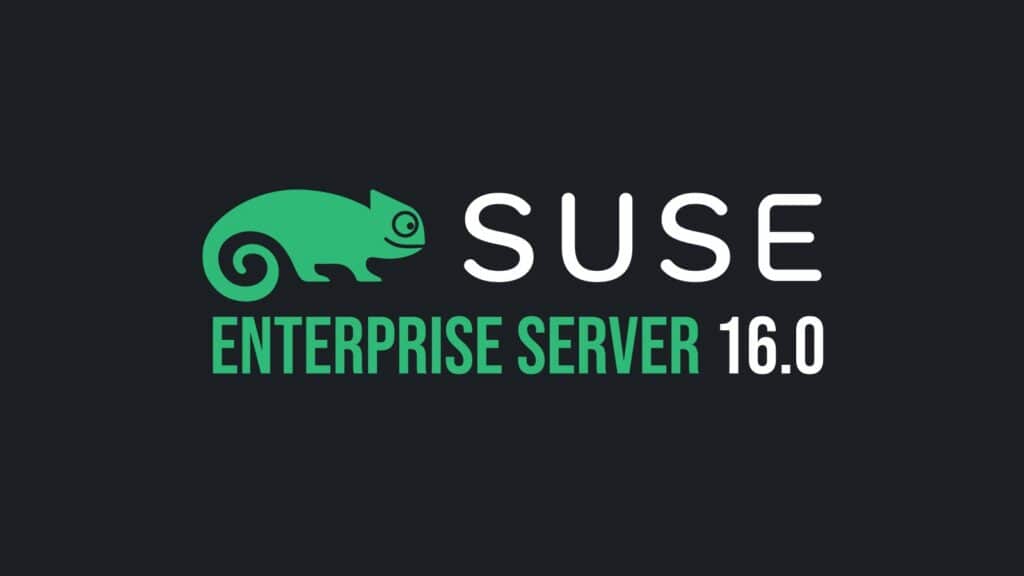SUSE has announced the general availability of SUSE Linux Enterprise Server (SLES) 16.0, its commercial, subscription-based enterprise Linux platform, scheduled for release on November 4, 2025. There are plenty of changes — here are the most important ones.
The new release introduces Agama, a completely new, web-based, and API-driven installer that replaces the long-standing YaST installer. Written in Rust for better memory safety and stability, Agama enables fully remote installations through any browser and integrates seamlessly with automation frameworks via its HTTP API.
Plus, it also preserves AutoYaST compatibility, ensuring a smooth migration path for existing users.
Alongside Agama, Cockpit becomes the default tool for one-to-one server administration, replacing YaST2 for remote management. The web-based console allows administrators to monitor systems, manage packages, and handle SUSE subscriptions from a unified interface with real-time performance data.
Moreover, for the first time, Ansible is included in the base system, allowing administrators to automate configuration and deployment tasks out of the box. SUSE delivers official Linux System Roles—covering essentials such as firewalls, SELinux, HA clustering, and Podman containers—while maintaining full compatibility with Salt through SUSE Multi-Linux Manager.
Another breaking change is that SUSE has made SELinux the default Mandatory Access Control system, replacing AppArmor. SLES 16 ships in enforcing mode by default, offering more than 440 policy modules for comprehensive coverage.
In addition, SUSE has begun integrating Post-Quantum Cryptography algorithms into its core libraries, including OpenSSL 3.5, Libgcrypt 1.11.1, and Mozilla NSS 3.112.
Under the hood, SLES 16 ships with a refreshed software stack, including Linux kernel 6.12, glibc 2.40, systemd 257, and Python 3.13. It fully embraces NetworkManager as the sole networking stack, transitions firewalls to NFTables, adopts KEA DHCP, and focuses exclusively on KVM for virtualization, officially retiring Xen.
On top of that, this release also adopts the community-driven Valkey as the default key-value store, replacing Redis, and transitions to Wayland as the default display server while maintaining X11 compatibility.
Lastly, SLES 16 extends its Btrfs + Snapper snapshot system to cloud images, bringing unified rollback capabilities across all environments. Each update made through zypper or Cockpit now automatically triggers a snapshot, allowing administrators to easily review or revert changes—whether on bare metal, virtual machines, or the cloud.
The SLES 16 family offers 16 years of lifecycle support, extending well beyond the Year 2038 threshold. For more information on all the changes, see the official SUSE announcement.

I am an (open)suse user for over 25 years, but the agama installer is not production ready (especially on the partition front and updating existing installs) the removal of Yast is something I still can’t comprehend.
Bit sad about this release cycle, it doesn’t feel like a step forward at all,